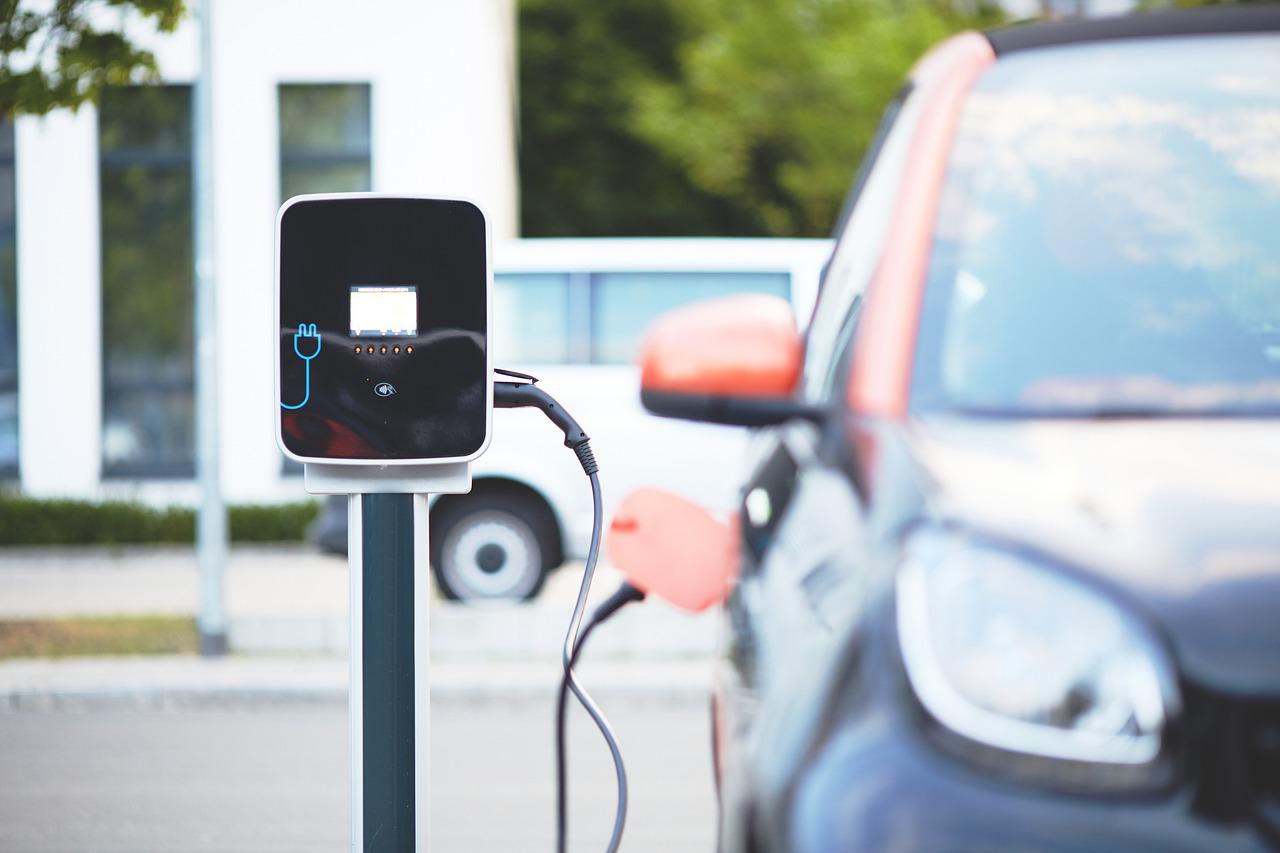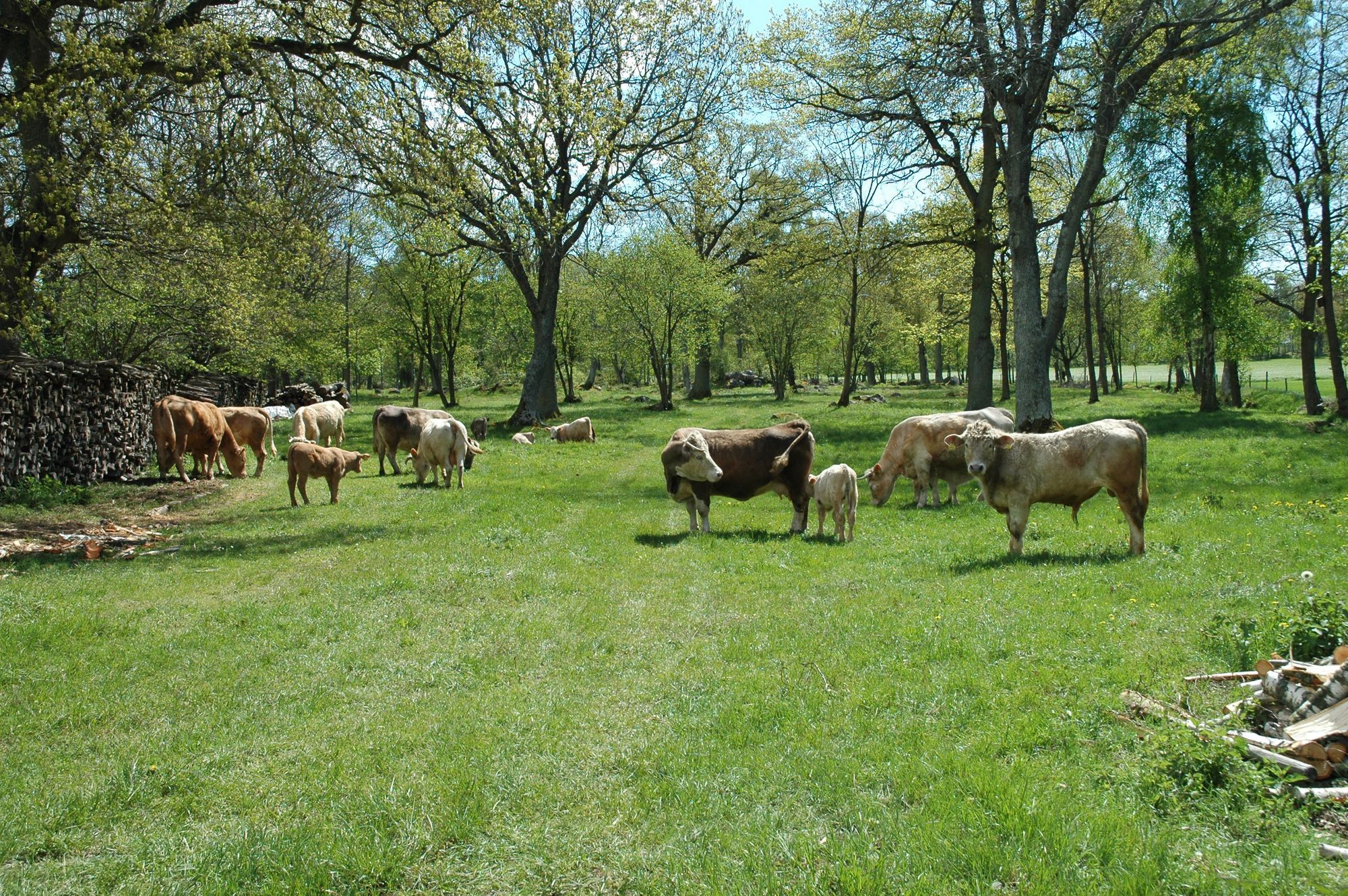💊 New pain reliever without the side effects of opioids
New substances have an analgesic effect similar to opioids, but without the negative side effects.
⚡ Charge the electric car in 10 minutes
A breakthrough in battery design makes it possible to achieve charging times of 10 minutes. At the same time, the size of the batteries is reduced, without sacrificing mileage.
☀️ Britain invests in fusion power
The UK government is investing in fusion power, and expects the world's first fusion power plant to be up and running by 2040.
🐄 Agricultural rewilding is good for everyone involved
Rewilding of natural areas in combination with agriculture creates a "win-win situation" by improving ecological diversity while providing higher quality meat.
📝 New framework can improve climate policies
A new framework that integrates more relevant variables can improve policies aimed at reducing CO2 emissions. A new study shows the complicated relationship between approach and regional conditions.
🔋 Rechargeable and degradable battery - made of crab shell and zinc
A rechargeable battery made from crab shell and zinc could make wind and solar power greener. Parts that cannot be recycled after the battery's lifetime can instead be put on the compost.
🌾 Ethanol-treated soil protects plants against drought
New Japanese study shows that pre-treatment of soil with ethanol gives plants very effective protection against drought. The method is relatively cheap and can be used to help plants survive future dry periods.
👂 Breakthrough in the treatment of tinnitus
Researchers are hopeful about the results of a new study that investigated the treatment of tinnitus.
♻️ Algae can provide climate-neutral cement
Scientists have found a method to make cement where the extraction of the limestone is replaced by the cultivation of limestone. Through this process, the production of cement can become completely climate neutral – and perhaps even absorb more CO2 than it emits.









